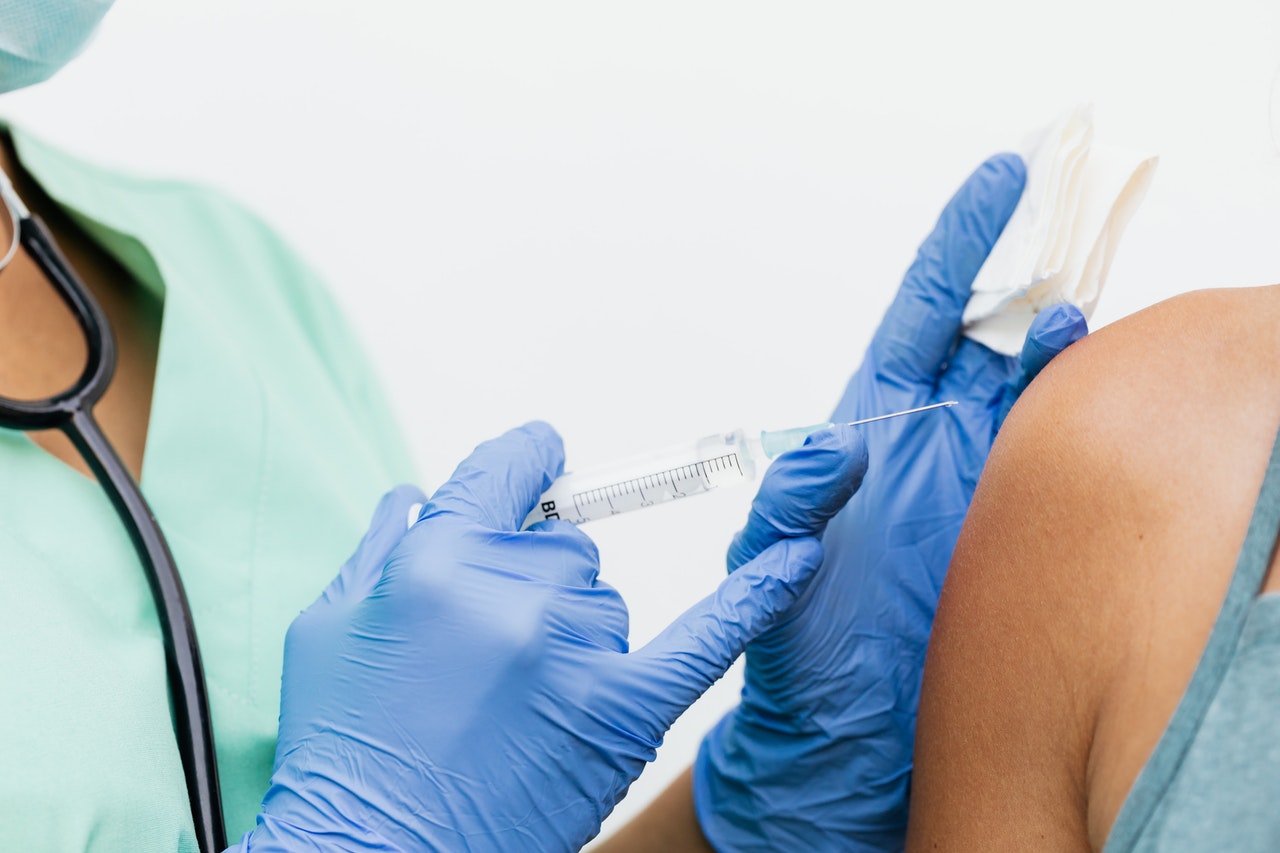
A majority of Filipinos have hopes that in the next 12 months, or when 2021 comes, there will be a vaccine and medicine for the effective treatment of coronavirus disease 2019 (Covid-19).
This is based on the result of the recent survey conducted by the Social Weather Stations (SWS), from September 17 to 20, to 1,249 adult Filipinos nationwide using a mobile phone and computer-assisted telephone interviewing.
The survey found that 80 percent of Filipinos are expecting the availability of a Covid-19 vaccine in the next 12 months, with 27 percent believing it “definitely will happen” and 53 percent saying it “probably will happen.” Only 17 percent of the respondents think otherwise.
Likewise, 80 percent of the survey respondents also hope that medicine for the effective treatment of Covid-19 will be available next year, with 27 percent saying it “definitely will happen” and 53 percent believing it “probably will happen.” Seventeen percent said they do not expect its availability in 2021.
Metro Manila has the highest percentage of those who expect that a Covid-19 vaccine will be available next year with 82 percent, followed by Balance Luzon with 79 percent, Visayas with 79 percent, and Mindanao with 79 percent.
It is also Metro Manila that recorded the highest percentage of those who hope for the availability of effective Covid-19 treatment with 85 percent, followed by Visayas with 82 percent, Mindanao with 81 percent, and Balance Luzon with 77 percent.
The same survey revealed that 81 percent among college graduates, 81 percent among high school graduates, and 76 percent among elementary graduates are hopeful for a Covid-19 vaccine. Meanwhile, only 68 percent among non-elementary graduates expect its availability next year.
On the other hand, 82 percent among college graduates, 80 percent among elementary graduates, and 80 percent among high school graduates are expecting that there will be a treatment for Covid-19, while 70 percent among non-elementary graduates expect the same in the next 12 months.
Citing the Pew Research Center survey conducted on April 29 to May 25, 2020 in the United States, the SWS noted that more Filipinos are expecting the availability of a Covid-19 vaccine next year than Americans. The Pew Research Center survey found that 73 percent of Americans are hopeful that a vaccine against Covid-19 will be available next year, which was lower than the 80 percent of Filipinos who expect the same.
The expectation of an effective treatment for Covid-19, however, is “similarly high” among Americans, at 83 percent, and Filipinos, at 80 percent, according to the SWS.
The SWS’s probability-based survey has a sampling error margin of plus-minus three percent for national percentages, plus-minus six percent for Metro Manila, plus-minus five percent for Balance Luzon, plus-minus six percent for Visayas, and plus-minus six percent for Mindanao.
U.S. pharmaceutical firm Pfizer and German firm BioNTech earlier announced that its potential Covid-19 vaccine was 90 percent effective against Covid-19. The Department of Health (DOH) previously said it was ‘very encouraging’ but told the public to “temper” their expectations as it is still being developed.
President Rodrigo Duterte on Tuesday said the Philippine government can borrow $300-million to purchase Covid-19 vaccines, however, he acknowledged that acquiring vaccine supply could be a challenge.
“So iyan mga kababayan ko, basta mabakunahan kayo. Kailan? Maghintay lang tayo. Pera? Makahiram tayo kaagad. Ang suplay ang problema. Kung sino iyong country nakapag-imbento, naturalmente unahin niya iyong mga tao niya (My countrymen, you will be vaccinated. When? Let’s just wait. Money? We can borrow immediately. Supply is the problem. Whichever country that could invent [a vaccine], of course, they will prioritize their citizens). That’s the reality of life,” he said.